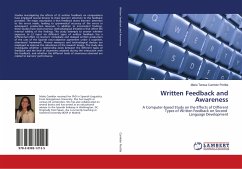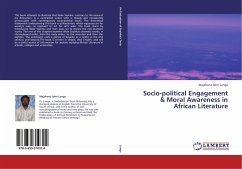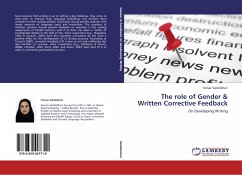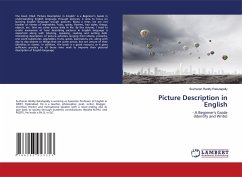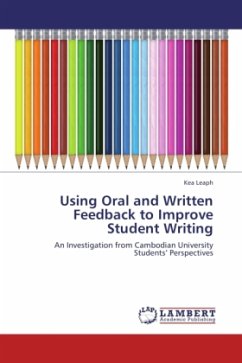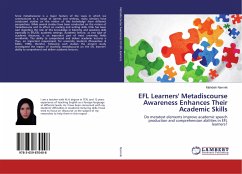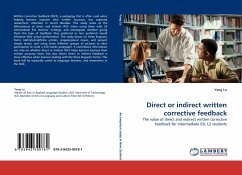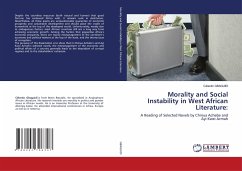Studies investigating the effects of L2 written feedback on compositions have employed several devices to draw learners' attention to the feedback provided. The major assumption is that feedback draws learners' attention to the errors made, leading to grammatical accuracy of the errors in subsequent production. However, in addition to inconsistent findings, these studies have several serious methodological limitations that affect the internal validity of the findings. This study attempts to answer whether exposure to L2 input via different types of written feedback has a differential effect on learners' immediate and delayed written production of the uses of the Spanish noun-adjective agreement under a cognitive, attentional framework. Process measures and technological devices are employed to improve the robustness of the research design. The study also investigates whether a relationship exists between the different types of feedback and the level of awareness attained during the interaction with the feedback, and whether the different levels of awareness observed are related to learners' performance.
Bitte wählen Sie Ihr Anliegen aus.
Rechnungen
Retourenschein anfordern
Bestellstatus
Storno

